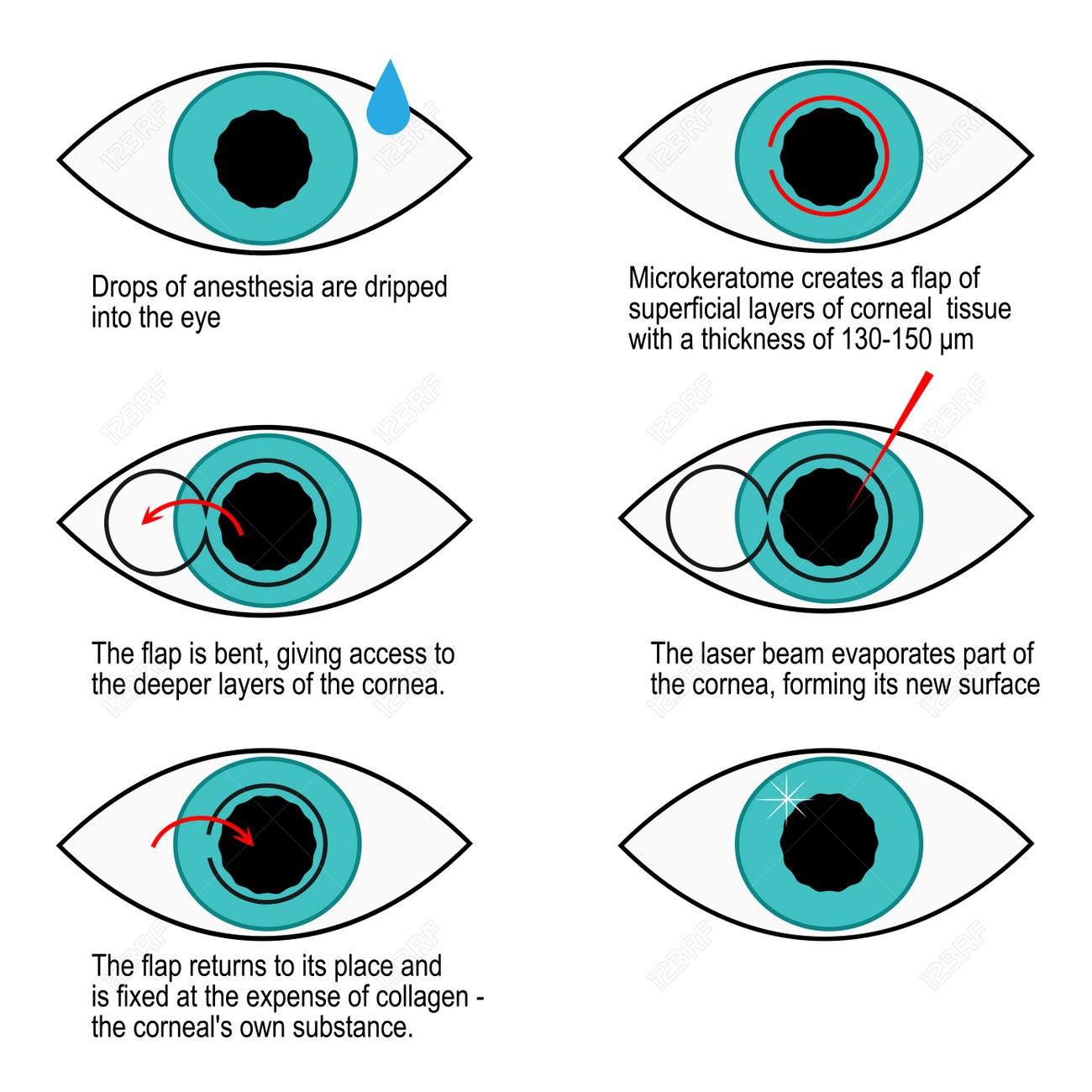Lens Replacement Surgical Treatment: A New Frontier In Visual Enhancement

Short Article Written By-Penn Newton
Imagine a future where you no longer have to rely upon glasses or contact lenses to see plainly. https://www.verywellhealth.com/the-history-of-surgery-timeline-3157332 where vision correction is as simple as a quick, pain-free treatment.
Well, that future is closer than you could assume. Presenting refractive lens exchange, a revolutionary strategy to remedying your vision that could change the means you see the world.
Yet what exactly is refractive lens exchange, and why is it considered the future of vision correction? In this discussion, we will discover the benefits, the procedure, and the potential threats of refractive lens exchange, providing you a look right into what exists in advance for those seeking clearer vision.
The Advantages of Refractive Lens Exchange
Refractive Lens Exchange supplies numerous advantages for people looking for vision adjustment. By changing your all-natural lens with a man-made intraocular lens, this treatment can deal with a large range of vision problems. One of the main benefits of refractive lens exchange is the enhancement in visual acuity. Whether you're nearsighted, farsighted, or have astigmatism, this treatment can significantly enhance your ability to see plainly without depending on glasses or contact lenses.
In addition, refractive lens exchange can additionally prevent the development of particular eye problems, such as cataracts. This indicates that not only will you achieve much better vision, but you'll likewise have a lowered threat of creating cataracts in the future.
With refractive lens exchange, you can take pleasure in better vision and a better of life.
The Treatment for Refractive Lens Exchange
When undertaking refractive lens exchange, the surgeon will certainly start by making a small laceration in your cornea. This enables them to access the lens of your eye and remove it.
Here are five essential actions involved in the procedure:
- The doctor will meticulously separate the lens using ultrasound waves or lasers.
- After eliminating the lens, they'll place a brand-new synthetic lens, called an intraocular lens (IOL), right into your eye.
- The IOL is designed to fix your specific vision issues, such as nearsightedness, farsightedness, or astigmatism.
- Once the brand-new lens remains in place, the doctor will close the incision with little stitches or self-sealing methods.
- The entire treatment usually takes less than thirty minutes and is typically done on an outpatient basis.
Complying with these actions, refractive lens exchange can give you with enhanced vision and reduce your reliance on glasses or contact lenses.
Possible Threats of Refractive Lens Exchange
Before undertaking refractive lens exchange, it is very important to recognize the possible risks related to the treatment. While refractive lens exchange is normally taken into consideration secure, like any type of surgical procedure, there are risks entailed.
https://squareblogs.net/dannie7william/achieve-perfect-vision-with-evo-icl-the-ultimate-vision-correction-choice is infection, which can occur if microorganisms gets in the eye during or after the surgery. Another danger is the development of raised intraocular stress, which can result in glaucoma. Additionally, there's a small chance of experiencing corneal edema, which is the swelling of the cornea.
Other possible threats consist of retinal detachment, macular edema, and loss of vision. It's essential to review these dangers with your surgeon and evaluate them against the possible advantages before deciding.
Conclusion
So there you have it, folks! Refractive lens exchange is genuinely the future of vision correction. With Prk Saint Louis and innovations in technology, this treatment uses a life-changing option for those struggling with their vision.
Yet remember, every climbed has its thorns. While refractive lens exchange might bring clarity, it is essential to be aware of the potential threats entailed. So, before taking the jump, weigh the benefits and drawbacks, and talk to your ophthalmologist.
After all, much better risk-free than sorry!

